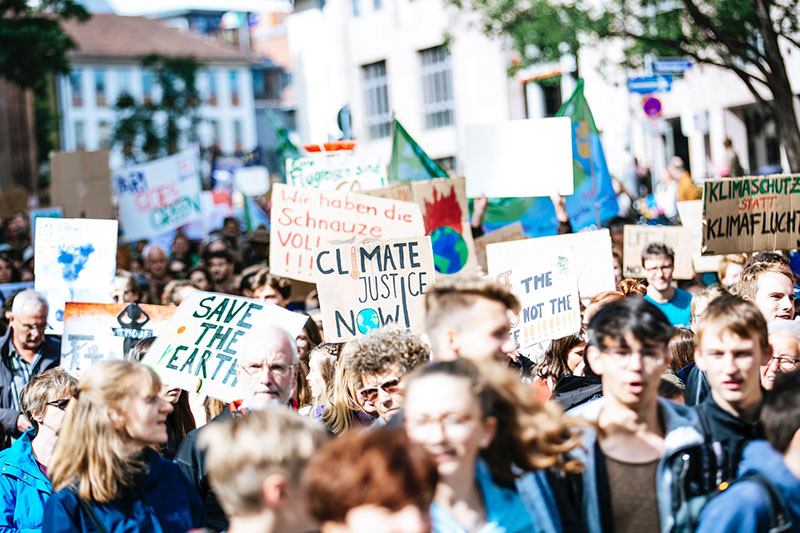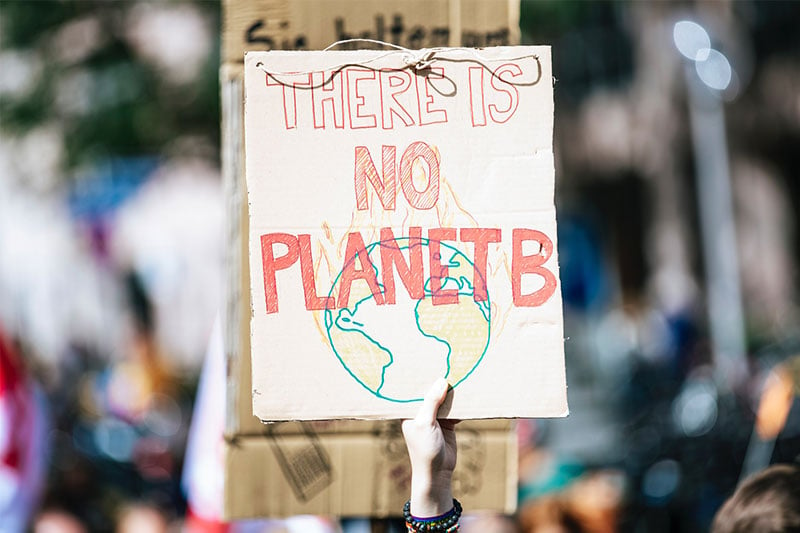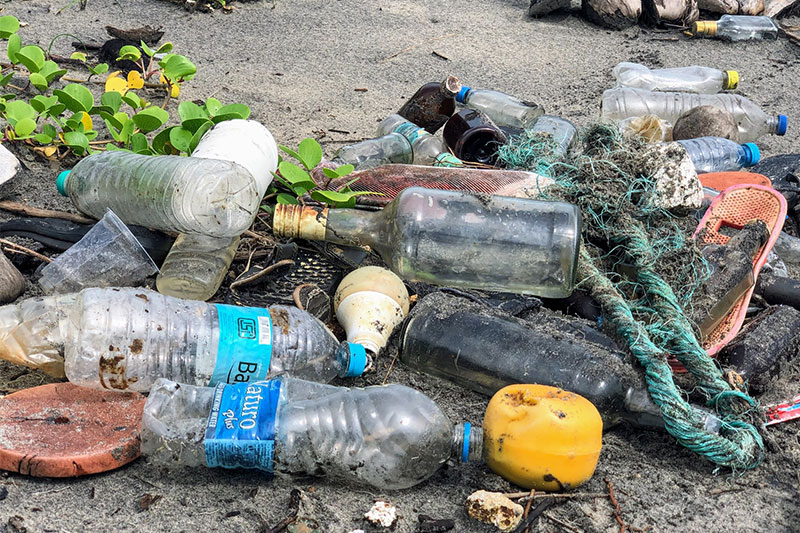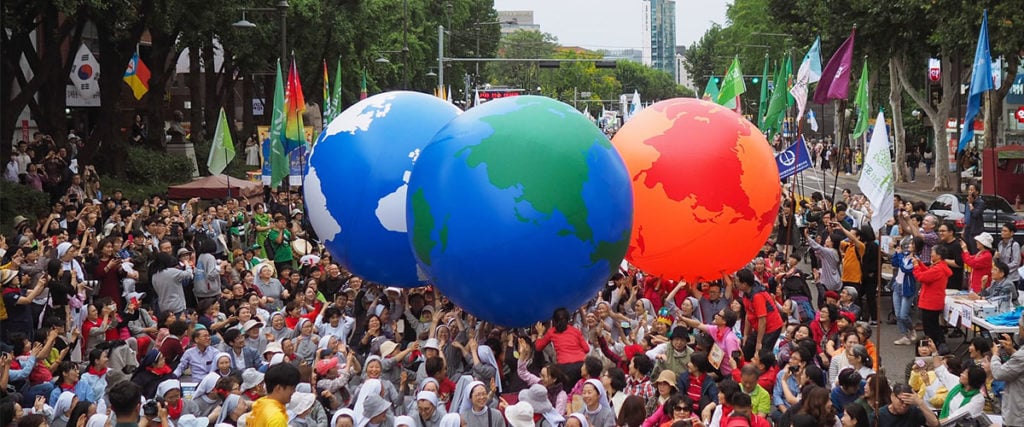On Earth Day, 22 April every year, millions around the world unite powerfully to push for radical environmental reform. We talk through what Earth Day is – and where it comes from.
What is Earth Day?
Earth Day is an annual environmental awareness event on 22 April that is recognised as the largest secular observance in the world, garnering over one billion participants across more than 190 countries. This April marks the 50th anniversary of Earth Day, themed ‘climate action,’ and the birth of the modern environmental movement. However, in the wake of COVID-19, this year’s Earth Day is certainly one for the history books.

Driven by a new generation of outraged, eco-aware youths who refuse to settle for platitudes and empty promises, Earth Day is a powerful expression of environmental awareness and an opportunity to push for much-needed reform. In particular, the ravages of climate change and the inextricable links between planetary health and human health has never been clearer, with 2020 alone bringing intense wildfires, supercharged hurricanes and, of course, the COVID-19 pandemic.
Although this year’s Earth Day will be held digitally, its theme of ‘climate action’ remains the same. It serves as a reminder to fight environmental fatigue in policy-making, to hold corporations accountable, and to demand bolder, more decisive action for the planet – on an international level, as well as a personal one.
You might also like The Greatest Environmental Issue You’ve Never Heard Of

Why Do We Celebrate Earth Day?
In the decades leading up to the first-ever Earth Day 50 years ago, the world was largely oblivious to environmental concerns. Cars ran on leaded petrol while factories belched out smoke and sludge daily – a sign of ‘progress’ and ‘prosperity’ to the city dweller. In 1964, Rachel Carson published her bestselling book ‘Silent Spring,’ in which she exposed the hazards of the pesticide DDT, sobering public imagination. However, the watershed moment came on 28 January 1969 when three million gallons of oil was spilt off the coast of Santa Barbara, California, following an oil rig blowout. 35 miles long, the oil slick wreaked havoc on marine life in the Channel, killing an estimated 10,000 birds, dolphins, seals and sea lions.
This was the first oil spill to be televised in the US and spawned a flurry of citizen-led environmental groups and advocacy for new laws to protect the environment. Riding this wave, Senator Gaylord Nelson, a junior senator from Wisconsin and keen environmentalist, proposed to dedicate a day to spread awareness on the impact pollution has on the environment and human health. Enlisting the help of Republican congressman Pete McCloskey and youth activist Denis Hayes, a ‘national teach-in on the environment’ was arranged for April 22 1970 – a weekday that fell between Spring Break and final exams to help maximise student participation. What ensued exceeded their wildest expectations.

On the morning of 22 April 1970, more than 20 million Americans – 10% of the total U.S. population at the time – took to the streets, parks and college campuses to protest environmental ignorance and push for nationwide reform. Earth Day 1970 also witnessed a rare alignment in values between Republicans and Democrats, rich and poor, young and old, prompting a cascade of environmental protection legislation. These included the Clean Air Act, Clean Water Act, Endangered Species Act, and the creation of the Environmental Protection Agency (EPA).
In 1990, equipped with stronger marketing tools, greater access to television and a multimillion-dollar budget, Earth Day went global, mobilising 200 million people in 141 countries. It gave new impetus to collaborative sustainability efforts worldwide and helped pave the way for the 1992 United Nations Earth Summit in Rio de Janeiro – the largest UN conference ever held.
Related Articles
Christina Dean: The Woman Leading a Global Movement in Fashion Sustainability





